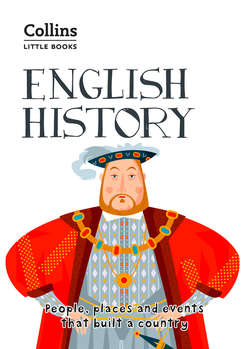Читать книгу English History: People, places and events that built a country - Robert Peal - Страница 26
Оглавление1265 | The first Parliament
King John’s son Henry III was forced to reaffirm the Magna Carta (see here) in 1225, setting a precedent for all future English monarchs. Henry III had great military ambitions, wanting to reconquer the land lost by his father in France, go on a crusade to the Holy Land, and even make his son the king of Sicily. However, all of these foreign wars meant increases in taxation.
In 1264, a group of rebel barons led by the Earl of Leicester Simon de Montfort rose up against Henry III. At the Battle of Lewes, de Montfort defeated Henry III and took him prisoner. De Montfort then summoned all England’s bishops and noblemen to London, along with representatives from every shire and borough in the land. On 20th January 1265 they met at Westminster Hall as a ‘Parliament’, taken from the French verb parler (‘to speak’).
De Montfort’s Parliament is often called the first English Parliament. It gave institutional form to the promise in the Magna Carta that the monarch’s government should seek the consent of its people before passing new laws and taxes. Parliament still represents this principle today.
